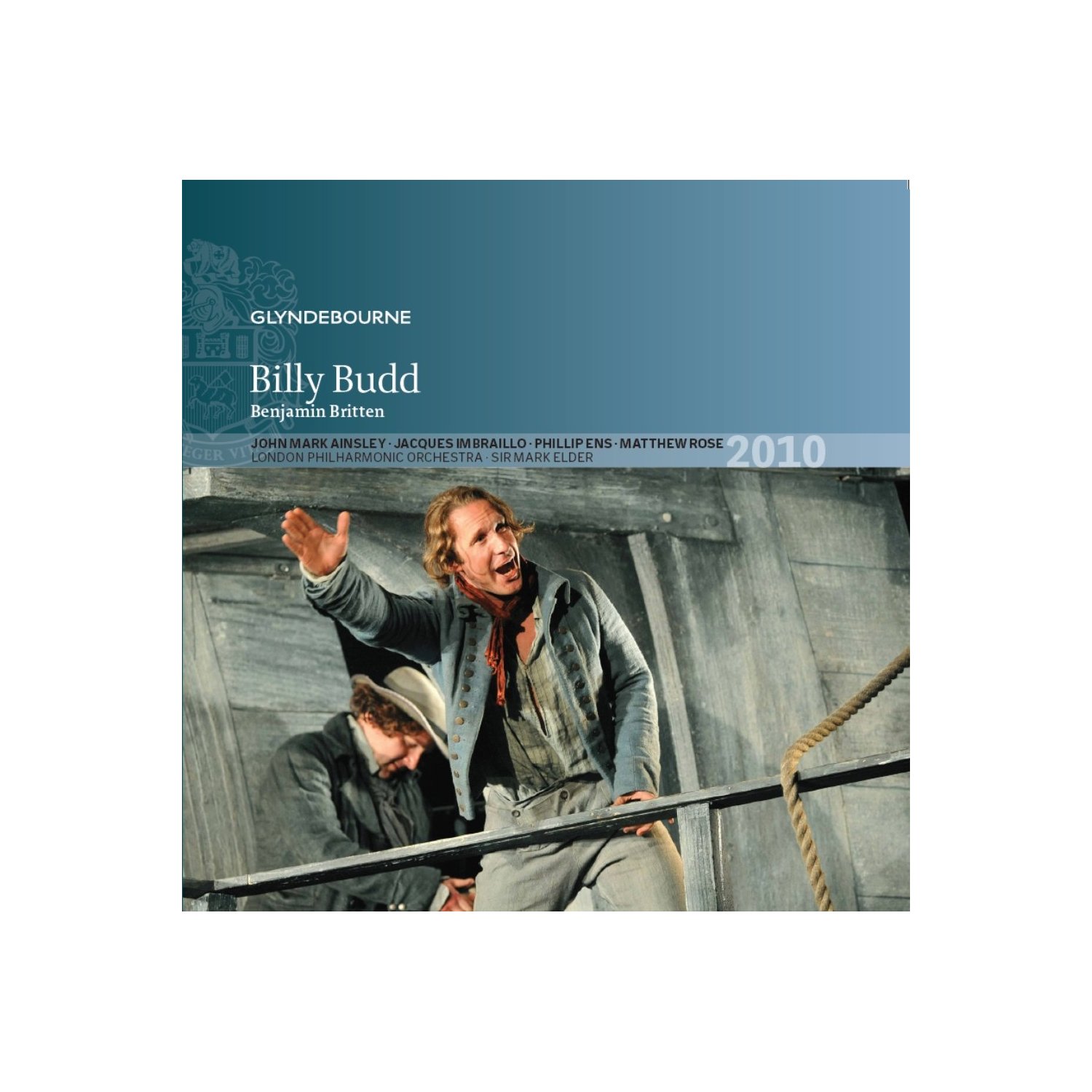When Schoenberg made his steroidal orchestration of Brahms’s G minor Piano Quartet he saw and heard what many don’t - that Brahms was more of a radical than the music world was ready to acknowledge, that he was not the conservative in the shadow of Wagner that commentators at the time felt the need to brand him.

“A book,” says the Boy-Illuminator in George Benjamin’s latest opera Written on Skin, “needs long days of light.” He speaks for Benjamin himself, a composer who, for all his fabulous musical mind and ear, has never found composition easy and has often struggled to produce work of any kind that satisfies his own meticulous standards.



At first it all felt too much. In addition to the garish red arum lilies either side of the platform, an overwhelming scent of eau de Cologne from a neighbour and the always hard-to-fight Wigmore Hall torpor were our diva's pink and purple attire, her flashing jewels, and above all that opulent voice, which even in recitals is more accustomed to bigger spaces and still seemed at times to be channelling her demented Salome from The Rest is Noise festival's opening night.

Bach for breakfast, lunch and supper. That in essence was what yesterday's Bach Marathon was about. You can do that with Bach - have him flowing from the taps. Nothing new in this for those of us who experienced the Bach Christmas a few years back on Radio Three, when every note was piped over the airwaves for breakfast, lunch and supper for 10 days solid. Nothing very marathon-like about any of it, though, either. The day’s performances couldn’t have been further from a challenge to sit through or listen to.

A Leipzig church is surely the place we’d most like to be for Bach on Good Friday. Never mind: the Barbican Hall is kinder to the best period instrument ensembles than it is to big symphony orchestras. Better still, having sat stunned and weepy for a good few minutes at the end of this performance, I’m happy to evangelise and proclaim that no better team could be assembled anywhere for the original 1724 version of this world-changing musical Passion.


Any conductor who ends a concert with only one leg on the ground, as if engaged in the Highland fling, is either a little fanciful or has been utterly carried away. In Keith Lockhart’s case last night, it was probably a bit of both. No-one can take charge of Duke Ellington’s big band tone poem Harlem by impersonating a lamp-post, especially at its roaring end, the epitome of jubilation in sound. But the BBC Concert Orchestra’s transatlantic Principal Conductor is also a conscious showman. Sometimes his hands trace such sensuous curves that you feel he’s stroking a Ming vase.

Zipangu. What a name for a piece of music. Such a strange and suggestive collection of vowels and consonants. Such a musical string of sounds. A fascinating name. The name, in fact, the programme told me, for Japan during the time of Marco Polo. The life of the composer of the work, Claude Vivier, is fascinating, too, in a grisly way. While completing an opera about a young man who stabs a stranger to death, Vivier was murdered in his Paris flat by a rent boy. Incredible story, incredible-sounding work; you can see why programmers are increasingly attracted to Vivier.
“I do not believe in miracles,” scoffs Herodias in Oscar Wilde’s - and Richard Strauss’s - Salome. “I have seen too many.” I know how she feels. So it was a bit of a shock to find the highest-kicking of today’s composers, John Adams, and his inseparable genius director Peter Sellars, taking the raising of Lazarus seriously in the first part of their latest opera-oratorio (my term, not theirs, and also applicable to El Niño, Adams’s millennial take on Christ’s birth and its concomitant hazards).

